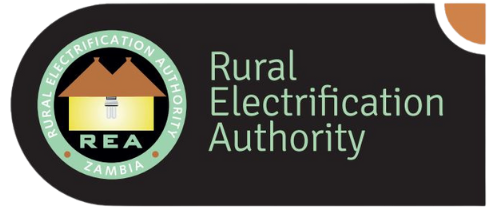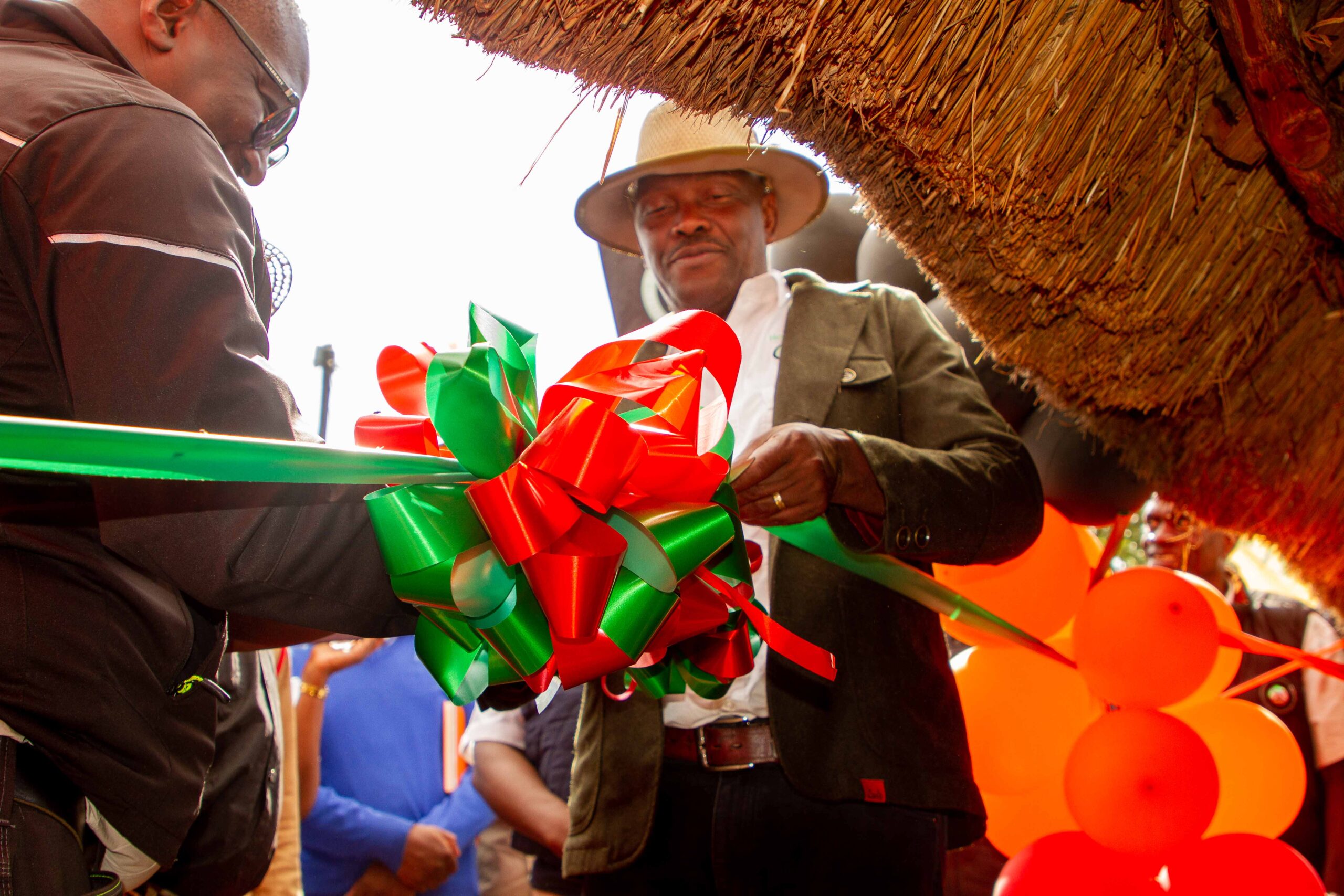In a landmark move to increase rural electricity access, the Government of the Republic of Zambia through the Rural Electrification Authority (REA) and ZESCO Limited have officially launched the National Energy Advancement and Transformation (NEAT) subsidy component in Itezhi-Tezhi District. The initiative significantly reduces the electricity connection fee from K4,846 to K300 for qualifying households and small businesses located within 30 meters of the existing electricity grid.
The subsidy, supported by the World Bank under a US$10 million NEAT Project, aims to deliver 23,695 new connections across rural Zambia. Of this amount, US$3.87 million is dedicated specifically to lowering the cost of electricity connections for low-income communities.
At the launch event held at Nalubanda Primary School, Minister of Energy, Honourable Makozo Chikote, emphasized the transformative potential of the programme.
“This is not just a reduction in cost, it is an investment in people’s lives. It is about enabling a child to study at night, allowing rural clinics to store life-saving vaccines, and supporting farmers and entrepreneurs to run small businesses that create jobs and improve livelihoods,” he said.
He added that the initiative is a direct reflection of the government’s commitment to inclusive development.
“The UPND government, under the leadership of President Hakainde Hichilema, has set a clear goal of achieving universal electricity access by 2030. This subsidy programme is one of the practical ways we are ensuring that no Zambian is left behind,” Hon. Chikote said.
REA Board Chairperson, Mr. Bruce Jaani, highlighted the historical challenge rural communities face, where infrastructure exists but affordability remains a barrier.
“During our evaluations, we found that even years after grid extensions, many rural households remained unconnected because the cost was simply out of reach. This programme directly addresses this barrier,” Mr. Jaani said.
He further noted that previous efforts, such as the Electricity Service Access Project (ESAP) which benefitted 70,554 households demonstrated overwhelming demand for affordable connection, prompting the Authority to scale up initiatives like NEAT.
ZESCO, as the key implementing partner, reiterated its commitment to ensuring the success of the NEAT initiative through technical support and operational readiness.
“ZESCO is proud to partner with the Rural Electrification Authority and the Ministry of Energy in this critical endeavour. Our team is ready to provide the necessary support for the timely and seamless connection of households and businesses that will benefit from this transformative subsidy,” said ZESCO Managing Director Eng. Justin Loongo.
The ZESCO Managing Director emphasized that the company’s role goes beyond supplying power, describing electricity as a fundamental necessity that drives progress for individuals, families, and entire communities.
The programme also began delivering results immediately. Among the first to benefit was Jennifer Chipinda, a 72-year-old widow and differently abled resident of Lubanda Village, Chief Chikaza Munyama’s area.
“People like me don’t usually benefit from things like this. I never imagined my home would have power. Today I will sleep with lights on for the first time. It’s a blessing I never thought would come,” she said.
With more than 23,000 connections still available, the NEAT Subsidy Programme stands as a powerful reminder of what can be achieved when energy policy prioritizes equity, access, and the lived realities of rural communities.
Together, we are making energy access a reality for all.

